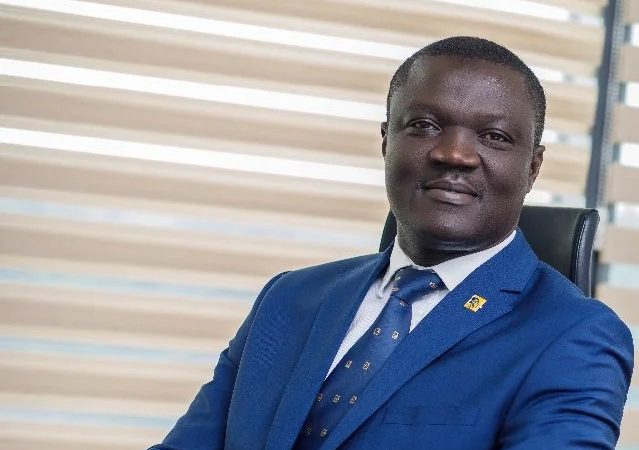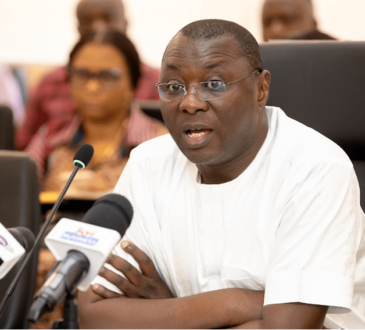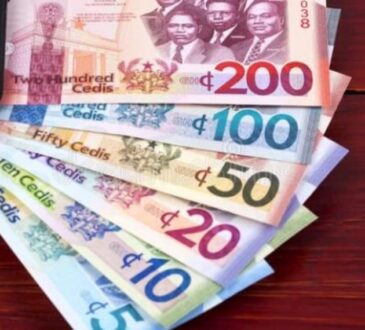
The Managing Director and Chief Executive of FirstBank Ghana, Victor Yaw Asante, has dismissed allegations suggesting that certain banks are involved in activities exacerbating the existing pressures on the cedi.
Mr. Asante asserted that it would pose significant challenges for banks to partake in activities that contravene forex regulations.
He elaborated that the Bank of Ghana has implemented punitive measures specifically aimed at discouraging banks from attempting to violate forex regulations.
“It is now very expensive to hold dollars if you don’t actually need it”, he said.
He revealed that FirstBank for instance, goes to the Bank of Ghana to buy dollars.
“When I put together aggregation from my clients who need dollars to import and do other operations, I go to the Bank of Ghana to get the dollars. We shouldn’t forget that the new cash reserve ratio has also placed additional responsibilities on banks and that makes it difficult to hold dollars when not needed”, he added.
Allegations levelled against commercial banks
Reports have surfaced indicating that certain commercial banks are requesting dollars from the Bank of Ghana even when there is no actual need for them.
Some banks are reportedly experiencing difficulties in providing cedi cover for the dollars they are requesting from the Bank of Ghana.
There are allegations suggesting that certain commercial banks are engaging in speculation regarding the depreciation of the cedi and manipulating foreign exchange price quotes.
Certain market participants hold the belief that some of these actions have indeed contributed to the existing pressures on the cedi.
Current challenge with cedi and outlook
Mr. Asante holds the view that the current pressures on the cedi are primarily attributable to individuals advancing their dollar requirements due to uncertainties regarding the near future.
“These fears, have fuelled the demand that is bringing forward obligations that will fall due later. The Bank of Ghana has taken some measures, including increasing their market intervention and are optimistic that could impact on the currency positively in the coming days”, he added.
Mr. Asante, however, emphasized that one of the most effective methods to stabilize the cedi is to ensure a consistent supply of dollars for traders who require them.
“But we should not forget that, improving dollar supply now might be one of the surest ways to help stabilize the Ghana cedi. In the long term, we should look at dealing with the structural issues and improving exports to help manage some of these challenges”, he said.
Mr. Asante pointed out that the interventions should be targeted at dealing with the trade deficit issues, to also deal with the perennial challenge with the cedi.







